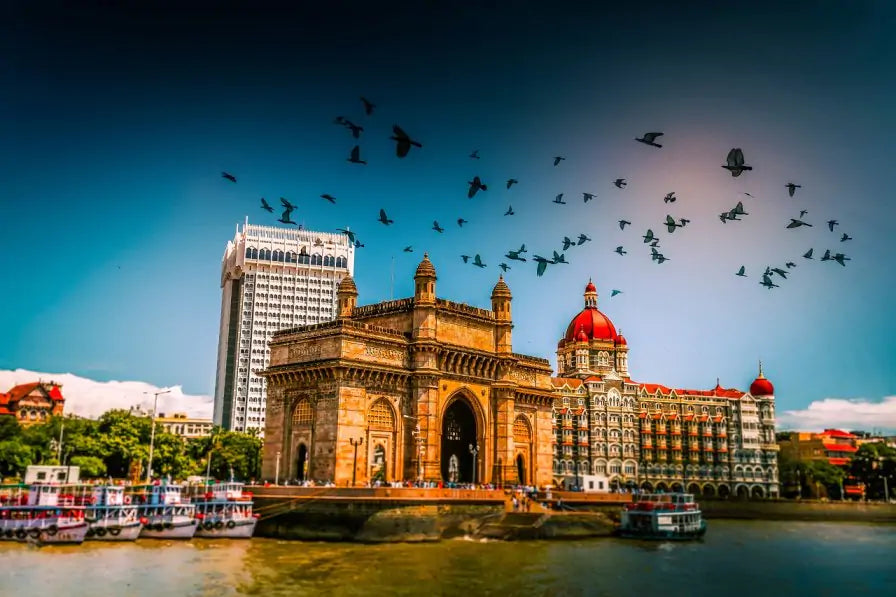Why not add these to compliment your wheelie bins?
Your basket is currently empty.
Shop NowWe guarantee to have the lowest price! Find the same bin for a cheaper price and we will beat it!

The Taj Mahal is one of 100 monuments in India that is set to go litter-free to tackle the plastic pollution in the cities of Agra and Beyan. Agra is one of the world’s top ten most polluted cities. The move coincided with the country hosting World Environment Day on June 5th and is India’s nod towards this year’s theme which was Beat Plastic Pollution. The Beat Plastic Pollution campaign is focused on creating a circular economy for plastic waste by reducing litter and reusing plastic wherever possible.
Authorities at the Taj Mahal and other historic sites will segregate plastic waste for recycling and give visitors information about how they can help to tackle plastic pollution, such as eliminating the use of single-use plastic. There will also be a litter-free zone for 500 metres around each monument.
The UN say they are delighted that India have made the Taj Mahal a symbol of the campaign to help raise global awareness of the huge problem of plastic pollution.
Global companies have also joined the fight against plastic pollution. Coca Cola India and South West Asia is pledging to recover and recycle one bottle for every one it sells by 2030, and the company is also working towards making all of its packaging recyclable.
The Hilton Group is eliminating plastic straws across its hotels in the Asia Pacific area by the end of this year, and it has stopped using plastic bottles in its conference rooms and at events.

The problem of plastic pollution in India
India has significant pollution from the use of plastics. Around 45% of the plastics produced in the country are single-use. The environment minister, speaking on World Environment Day, said that there was a pressing need to reduce plastic use, and reuse, recycle, redesign, and repurpose as much as they can.
What else is India doing to curb the problem?
Due to the incoming simpler recycling legislation we are experiencing a huge increase in demand. All orders are being processed as fast as possible, but there is a delay of around 2-3 weeks at present. We will respond to all emails as soon as we can but please bear with us as we work through the backlog.